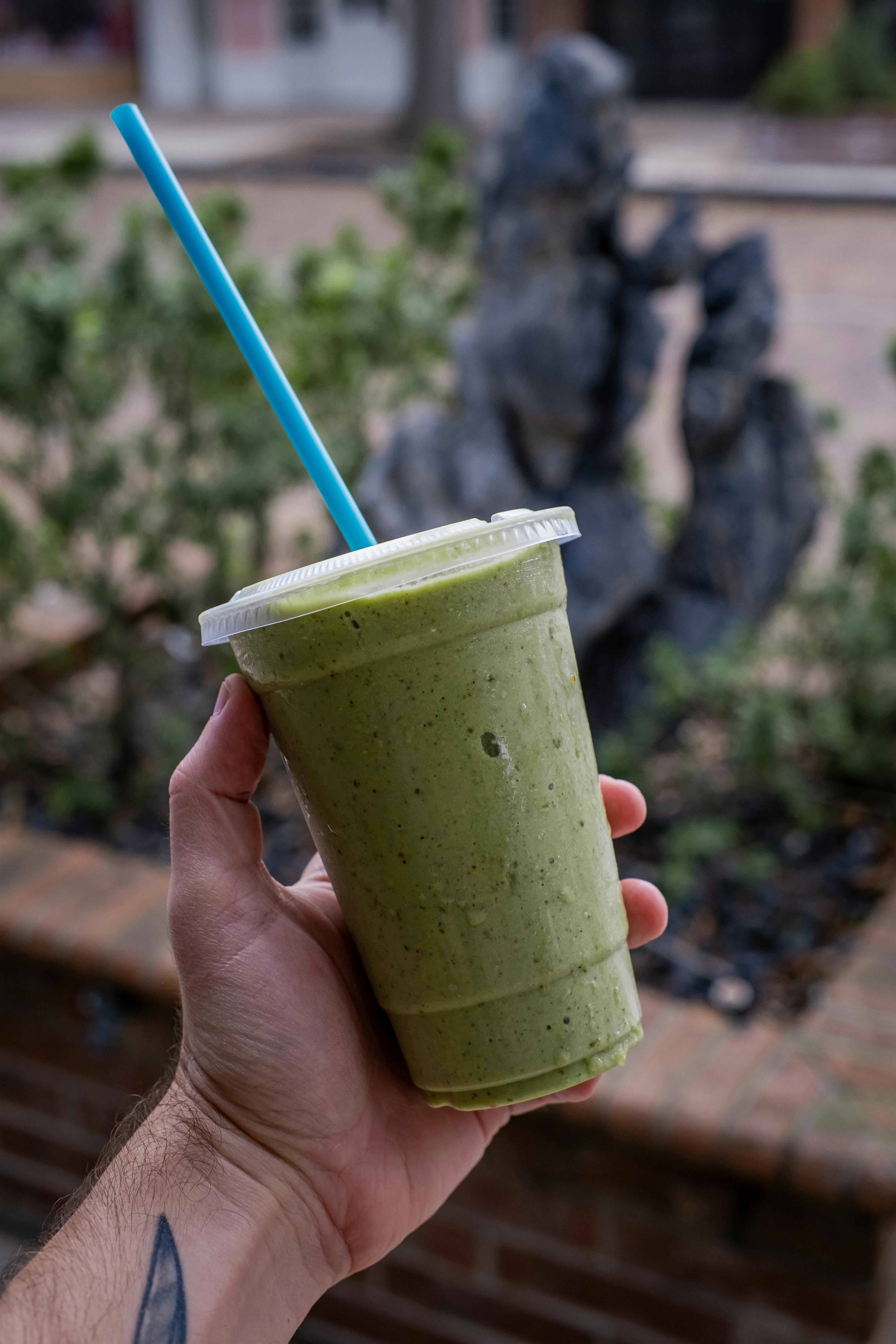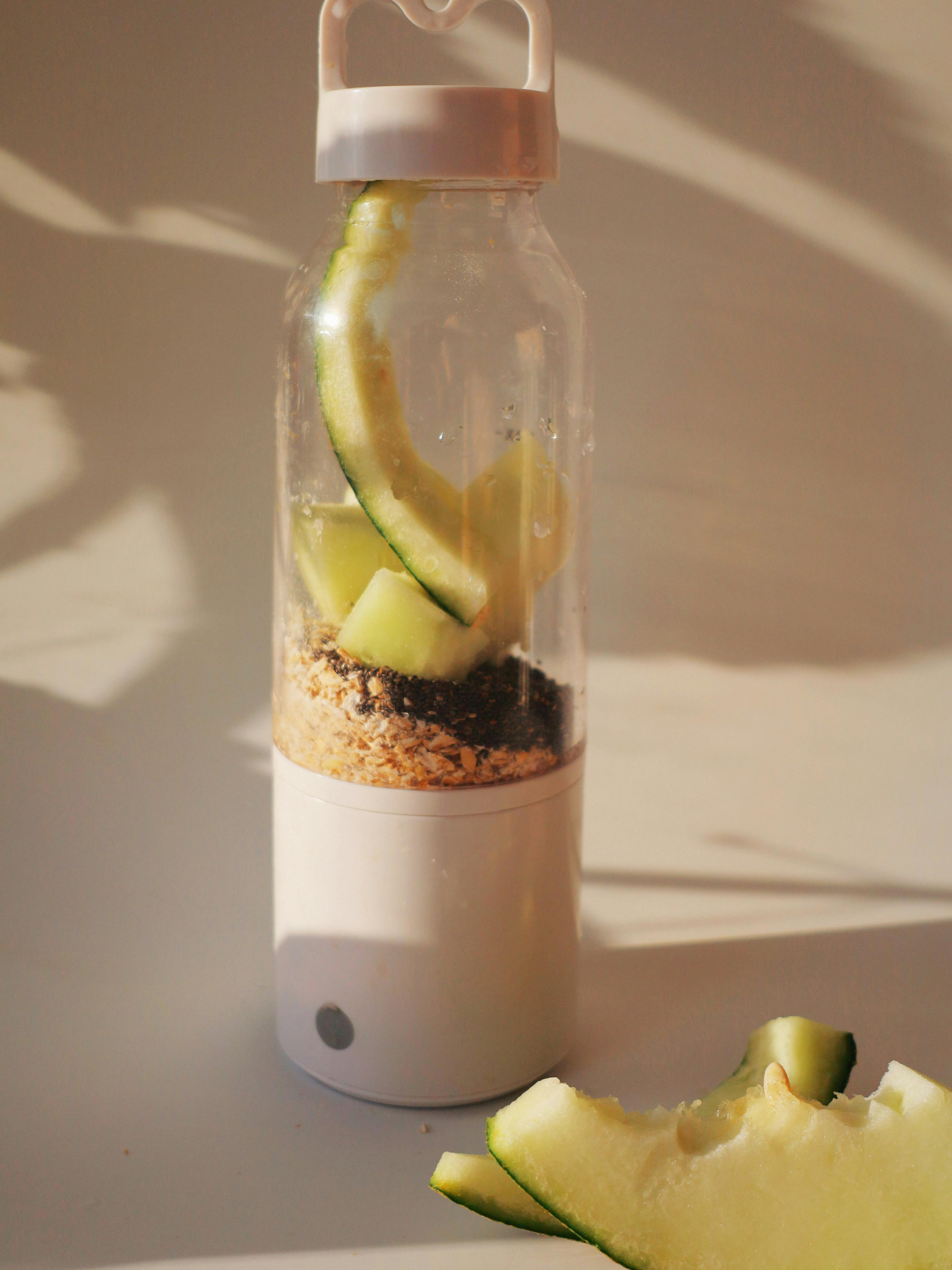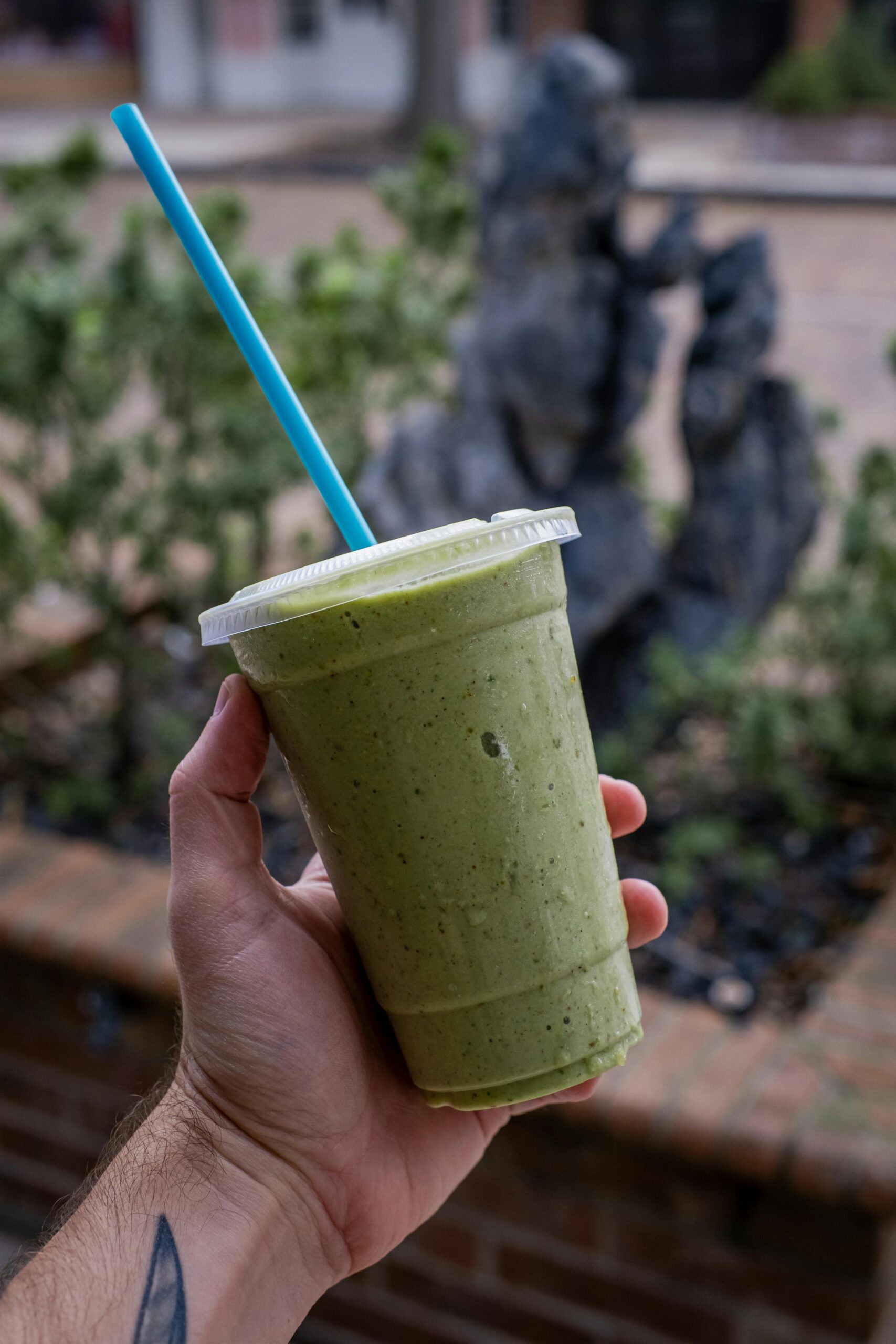Go Fitness Nutrition: Unlocking the Secrets to Optimal Health and Performance
In today’s fast-paced world, maintaining a healthy lifestyle is more important than ever. One of the key components to achieving optimal health and performance is understanding the role of nutrition in fitness. With the right nutrition, you can fuel your body for better results, whether you’re an athlete or just starting your fitness journey. This article will explore the fundamentals of go fitness nutrition, its practical applications, and advanced strategies to take your fitness journey to the next level.

Understanding the Fundamentals
Go fitness nutrition focuses on fueling the body with the right balance of nutrients to support physical activity and overall well-being. Understanding these fundamentals is crucial to improving your fitness results. Nutrition isn’t just about eating the right foods but also about knowing when and how to consume them for maximum benefit.
The concept of fitness nutrition has evolved over the years. In the past, people focused primarily on the basic need for calories. Today, however, we understand the vital role that macronutrients, micronutrients, and hydration play in enhancing performance and recovery. With the right nutrition plan, you can improve endurance, strength, and recovery while also optimizing your overall health.
1.1 Macronutrients: Carbohydrates, Proteins, and Fats
Macronutrients are the nutrients your body needs in large amounts to produce energy. These include carbohydrates, proteins, and fats. Understanding how to balance these macronutrients can significantly improve your fitness results.
Carbohydrates provide the body with quick energy, making them essential for endurance athletes or anyone performing high-intensity exercises. Protein is crucial for muscle repair and growth, while fats support long-term energy and hormone production. Each macronutrient plays a vital role in a well-rounded fitness nutrition plan.
1.2 Micronutrients: Vitamins and Minerals
While macronutrients provide energy, micronutrients (vitamins and minerals) are essential for optimal health and performance. They support metabolism, immune function, and recovery. For example, Vitamin C boosts immunity, while calcium is essential for bone health.
Micronutrient deficiencies can hinder performance and recovery, making it crucial to consume a balanced diet rich in vitamins and minerals through fruits, vegetables, and supplements when necessary.
Practical Implementation Guide
Now that you understand the fundamentals, it’s time to apply them to your daily routine. Creating a nutrition plan tailored to your goals and activity level will ensure that you maximize your fitness potential. Below are actionable steps to get you started on the path to better fitness nutrition.

2.1 Actionable Steps
- Step 1: Plan Your Meals: Design a meal plan that includes a balance of macronutrients. Ensure each meal has a protein source, complex carbohydrates, healthy fats, and a variety of vegetables.
- Step 2: Hydrate: Drink plenty of water throughout the day. Dehydration can impair performance and recovery, so aim to stay hydrated before, during, and after exercise.
- Step 3: Timing Your Nutrition: Consume carbohydrates and proteins before and after your workout for energy and recovery. Consider a small snack 30-60 minutes before exercising to fuel your body.
2.2 Overcoming Challenges
As you embark on your fitness nutrition journey, you may encounter a few obstacles. Here are some common challenges and solutions:
- Challenge 1: Lack of time for meal prep. Solution: Plan and prep meals in advance to ensure you have healthy options available even on busy days.
- Challenge 2: Cravings for unhealthy foods. Solution: Find healthy alternatives that satisfy your cravings, such as swapping sugary snacks for fruit or dark chocolate.
- Challenge 3: Maintaining consistency. Solution: Start small and gradually build healthy habits. Track your progress to stay motivated.
By following these guidelines, you can overcome these challenges and stay on track to achieving your fitness goals.
Advanced Applications
Once you’ve mastered the basics of fitness nutrition, it’s time to level up your approach. Advanced nutrition techniques are designed to further optimize your performance, recovery, and overall results. These strategies are best suited for individuals who have a solid foundation in nutrition and are ready to push their limits.

3.1 Carb Cycling for Performance
Carb cycling is an advanced strategy used by athletes and fitness enthusiasts to optimize fat loss and performance. This technique involves alternating between high-carb and low-carb days depending on activity levels. On high-intensity training days, you increase carbohydrate intake to fuel performance, while on rest days, you reduce carb consumption to encourage fat burning.
Research has shown that carb cycling can be an effective way to improve body composition, boost energy, and maximize fat loss while preserving muscle mass. However, this strategy requires careful planning and consistency to avoid nutrient deficiencies.
3.2 Intermittent Fasting for Fat Loss
Intermittent fasting (IF) has gained popularity as a strategy for fat loss. By restricting eating to a certain window of time each day, you can optimize fat burning while preserving muscle. IF works by leveraging your body’s natural fasting state, allowing it to use stored fat as energy during the fasting period.
While this approach can be effective, it’s important to ensure that your meals during the eating window are nutrient-dense and provide adequate protein to support muscle recovery. Consulting with a nutritionist before starting IF can help tailor the plan to your specific goals.
Future Outlook
The world of fitness nutrition is constantly evolving. As more research emerges, new trends and innovations are shaping the way we approach diet and exercise. In the next 3-5 years, we can expect to see advancements in personalized nutrition, with more individualized recommendations based on genetic testing and advanced metabolic analysis.
To stay ahead of the curve, consider working with a nutritionist who can help you adapt to new findings and refine your approach as science progresses. This proactive approach will keep you on track to achieving long-term success in your fitness journey.
Conclusion
In summary, go fitness nutrition plays a critical role in achieving optimal health and performance. By understanding the fundamentals of macronutrients, micronutrients, and hydration, you can lay the groundwork for a successful fitness journey. Implementing practical strategies, overcoming common challenges, and advancing to more complex techniques will allow you to reach new heights in your fitness goals.
Ready to get started? Begin by planning your meals and focusing on hydration. Stay consistent, track your progress, and you’ll soon see the benefits of proper nutrition in your workouts and overall health.
Frequently Asked Questions
- Q: What is the best nutrition plan for someone starting out in fitness? A balanced plan that includes lean protein, whole grains, healthy fats, and vegetables is ideal for beginners.
- Q: How long does it take to see results from a fitness nutrition plan? Results vary, but you can typically see noticeable changes in 4-6 weeks with consistent effort.
- Q: How much time should I spend meal prepping each week? Meal prep typically takes 1-2 hours each week, depending on how many meals you plan to prepare.
- Q: Is fitness nutrition expensive? It doesn’t have to be. You can achieve great results with affordable, whole foods like vegetables, grains, and lean proteins.
- Q: How does fitness nutrition differ from general health nutrition? Fitness nutrition focuses more on fueling your body for performance and recovery, while general health nutrition is more about maintaining overall well-being.
- Q: Is it difficult to integrate fitness nutrition into a busy lifestyle? Not at all! With meal prepping and planning, you can easily fit healthy nutrition into even the busiest of schedules.
- Q: How can fitness nutrition benefit athletes specifically? Proper nutrition enhances endurance, strength, and recovery, helping athletes perform at their peak and recover faster.
